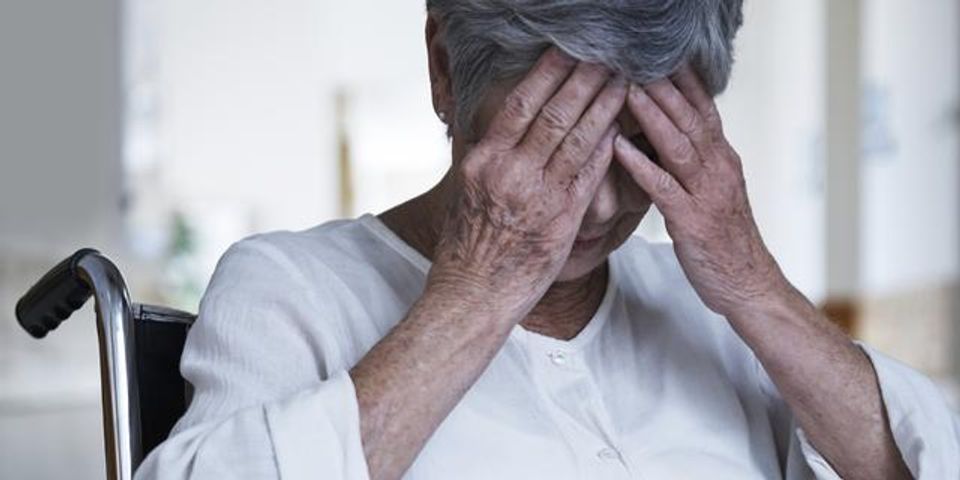3 Facts About Restraints in Nursing Homes: Insights From a Nursing Home Abuse Attorney

Much of what goes on in modern nursing homes is shrouded in mystery. There's very little we as the public know about life behind the doors of nursing facilities for the elderly. One of the most common images we have of nursing home life is the use of restraints on residents. Reed Law Offices in Omaha is a law firm specializing in nursing home neglect, as well as car accidents and wrongful death. Here they shed some light on the use of restraints in nursing homes.
- Restraints Are Legal In Certain Circumstances: The use of physical or chemical restraints is permissible in skilled nursing facilities only—only—if it is essential to a patient receiving medical care. A patient may not be restrained simply for the convenience of the staff or as some sort of reprimand. But if a restraint is necessary to ensure you get the care you receive, or to protect others or yourself, then a restraint is legal to utilize.
 You Can Refuse The Use Of A Restraint: Just the idea of being
restrained by physical or chemical means is uncomfortable. You have a legal
right to refuse the use of a restraint. That right must be honored unless you
have met one of the few qualifying conditions mentioned in the previous
paragraph. If you or your loved one feels their rights have been violated, call
the malpractice lawyer at Reed Law Offices.
You Can Refuse The Use Of A Restraint: Just the idea of being
restrained by physical or chemical means is uncomfortable. You have a legal
right to refuse the use of a restraint. That right must be honored unless you
have met one of the few qualifying conditions mentioned in the previous
paragraph. If you or your loved one feels their rights have been violated, call
the malpractice lawyer at Reed Law Offices.
- There Are Clinical & Ethical Guidelines To Administering Restraints: Those tasked with administering restraints are required to use them with clinical skill and ethical consideration. Medical personnel should be trained in how to apply a restraint that does not injure the patient or hinder his or her humanity. The professionals at Reed Law Offices are concerned about the misuse of restraints, and if you or a loved one feel abused by this system, Reed Law is here to help.
Call Reed Law Offices at (402) 933-0588 or visit them online to schedule a consultation with a nursing home abuse attorney. Let them be your voice in the legal system as you challenge the use of restraints.
About the Business
BUSINESS
Nursing Home Litigation
Reed Law Offices
3032 S 87th, Omaha, NE 68124
Have a question? Ask the experts!
Send your question

